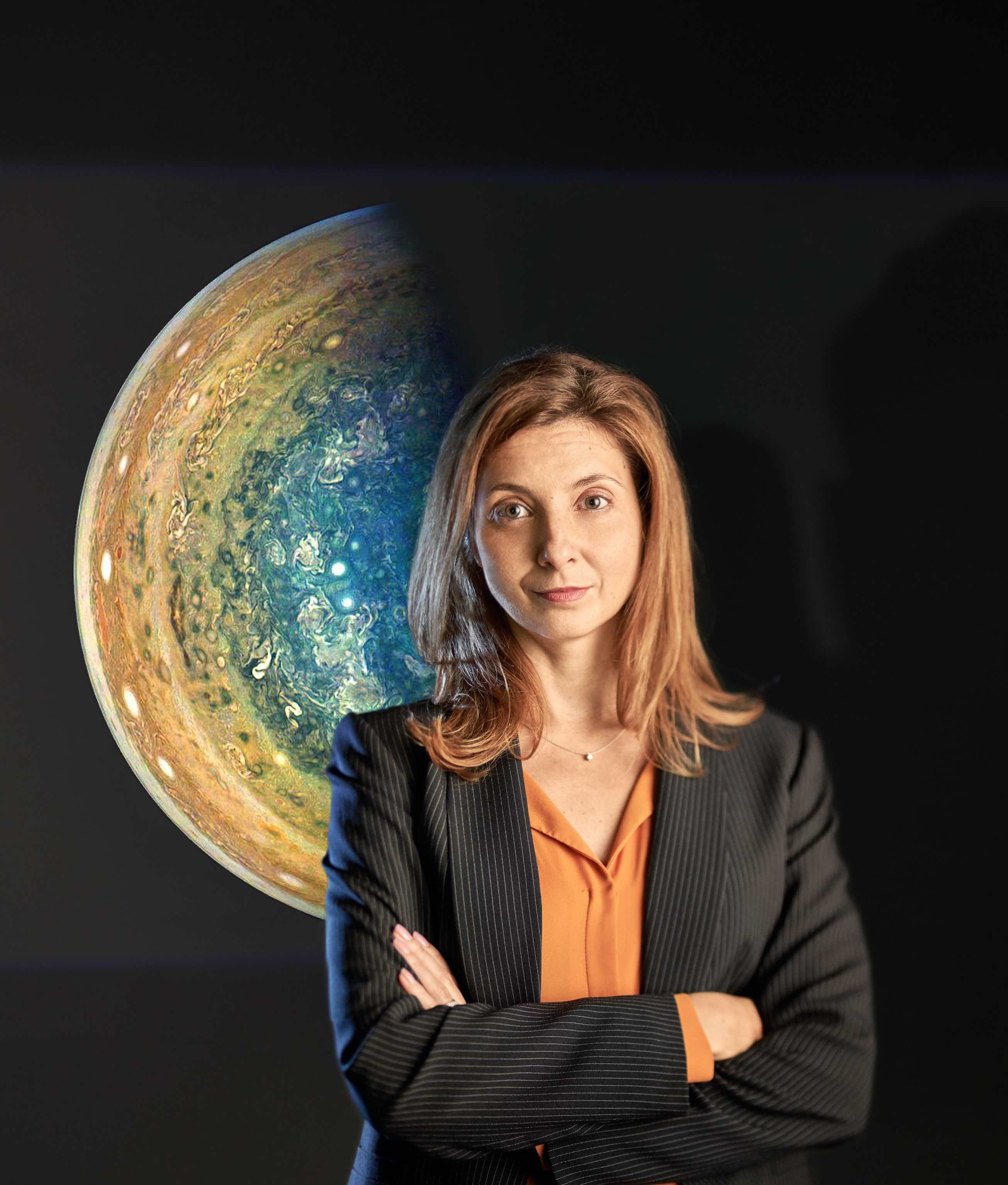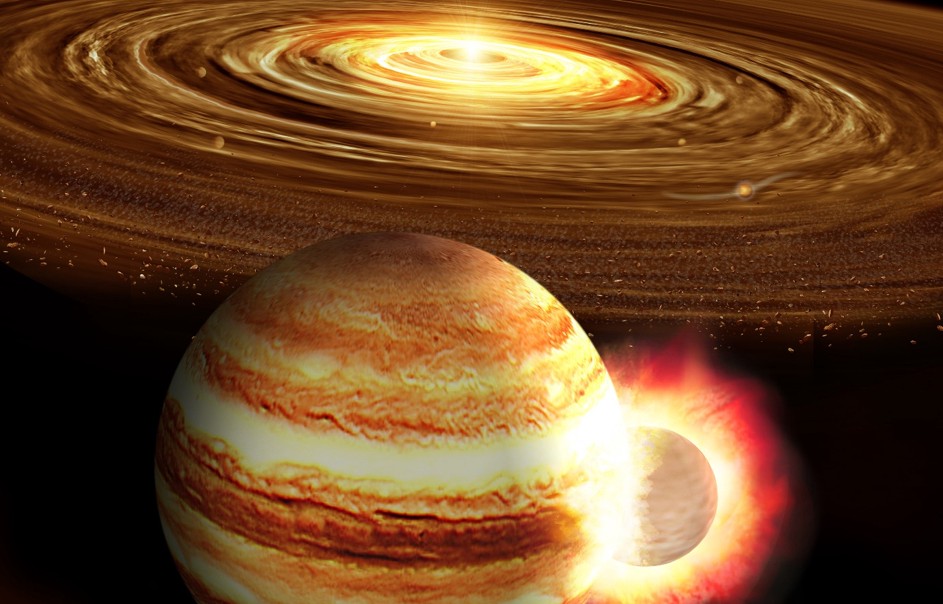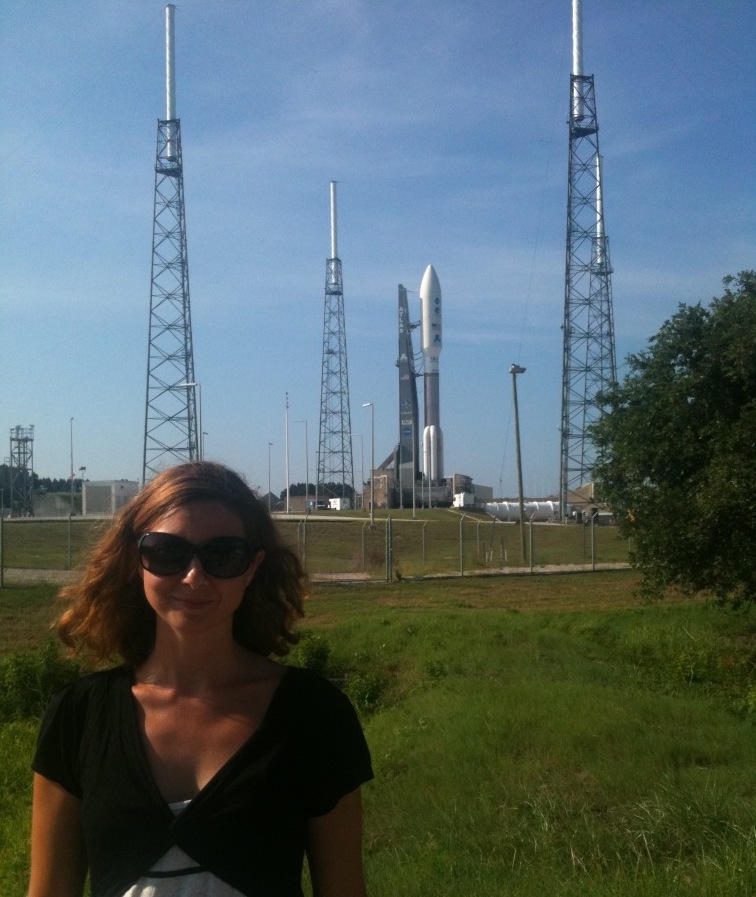Meet a Space Scientist: Ravit Helled
This month we have interviewed Ravit Helled, Professor of Theoretical Astrophysics at the Institute for Computational Science of the University of Zurich. In this interview, she told us more about her research on planet formation and evolution structure, and her passion for Space.

What is the main focus of your research?
My research focuses on planets. We aim to answer the following fundamental questions: "How do planets form?" "How do planets evolve"? and "What are planets made of"? By answering these questions, we can better understand the origin of our own planetary system and its uniqueness. I investigate planets in the solar systems and exoplanets, which are planets observed around other stars. Although my research is mostly theoretical (numerical), it has direct links to space missions. I am involved in the NASA Juno mission to Jupiter and the ESA JUICE, Plato and Ariel missions.

What brought you to the Space sector?
I was always fascinated by the night sky. Already as a teenager, I read about the origin of the universe and life beyond Earth. I then decided to study science with a focus on planetary sciences. Although I know it sounds like a cliché, I really like my job and I cannot imaging doing anything else.

What do you like most about Space?
I like that it is so diverse and mysterious. There are always new things to explore and investigate and the excitement never ends. I also like that it helps us to put things in perspective: puts perspective on how insignificant we are, and at the same time how lucky we are to live on this planet for a short but very precious time.
What would be the greatest achievement in the Space Sector?
Finding life outside Earth. That would be a great scientific achievement and will also impact society by answering the long-standing question "Are we alone?". I wish such a discovery will be made in my lifetime.
You are part of the UZH Space Hub: What do you think this will mean for you and your research?
To me, it gives a unique opportunity for networking and strengthening space activities within UZH. I think there is great potential at our university to push space enterprises to the next level and ensure space activities nationally and internationally.